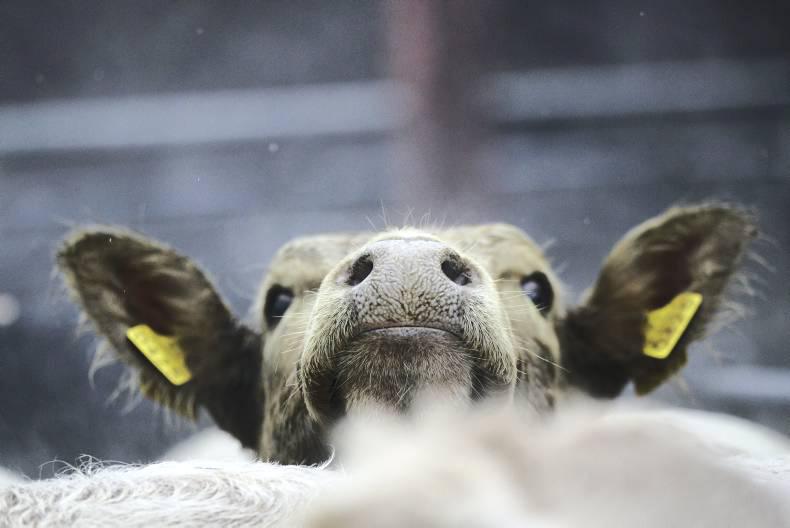The Department of Agriculture will shortly invite tenders for the next contract to supply cattle tags. Tenders will have to be submitted by the end of May, with the result announced in September.
The new contract will operate from 1 November 2016 and – if it runs along previous lines – will be for two years with the Department then having an option to extend it by up to two more years. The two-year contract is worth some €13m to the winner.
Up to half a dozen companies could submit tenders.
Since the tendering process was introduced, the Department has appointed a single supplier under each contract, and Mullinahone Co-op, supplier of Allflex tags, has been the winner on each occasion to date.
In advance of the next contract, rival companies have been lobbying the Department to divide the contract between several suppliers. That is the norm in most other EU member states.
Here, the Department of Agriculture has approved a dozen companies as suppliers of sheep tags. The main rival to Mullinahone Co-op for the cattle tag contract is likely to be Cormac, agent for Caisley tags.
However, the Department position, as outlined in the Dáil by Minister for Agriculture Simon Coveney, is that for cattle tags the single-supplier option is preferred by the farm organisations on the basis that it gives the supplier economy of scale and ensures tags are available to farmers at the best price.
Competition between potential suppliers does take place – but during the tendering process, he said in July 2014, answering questions submitted by Fianna Fáil deputy Éamon Ó Cuív. His intention was to continue using a single supplier, selected on the basis of a competitive tender, Minister Coveney said.
Mullinahone Co-op is currently selling cattle tags at €2.70 per set plus postage. This includes one tissue sampling tag. Farmers then pay separately for the lab test.
Farmers in Northern Ireland (NI) and Britain can choose from a number of tag suppliers. Tag sets that include one tissue tag and also the cost of the lab test are priced between £4.50 and £5.50 per set (€6-€7.50), depending on order size.
Meanwhile, whichever company or companies win the contract from 1 November will have to supply EID-compatible eartags. This will see a new numbering format, with letters no longer used to denote member state.
The Department is understood to have also considered making both of the tags supplied for newborn calf tissue tags. That would have allowed a second sample to be taken for genomic testing.
However, the Irish Farmers Journal understands the Department is not to proceeding with the idea.





SHARING OPTIONS